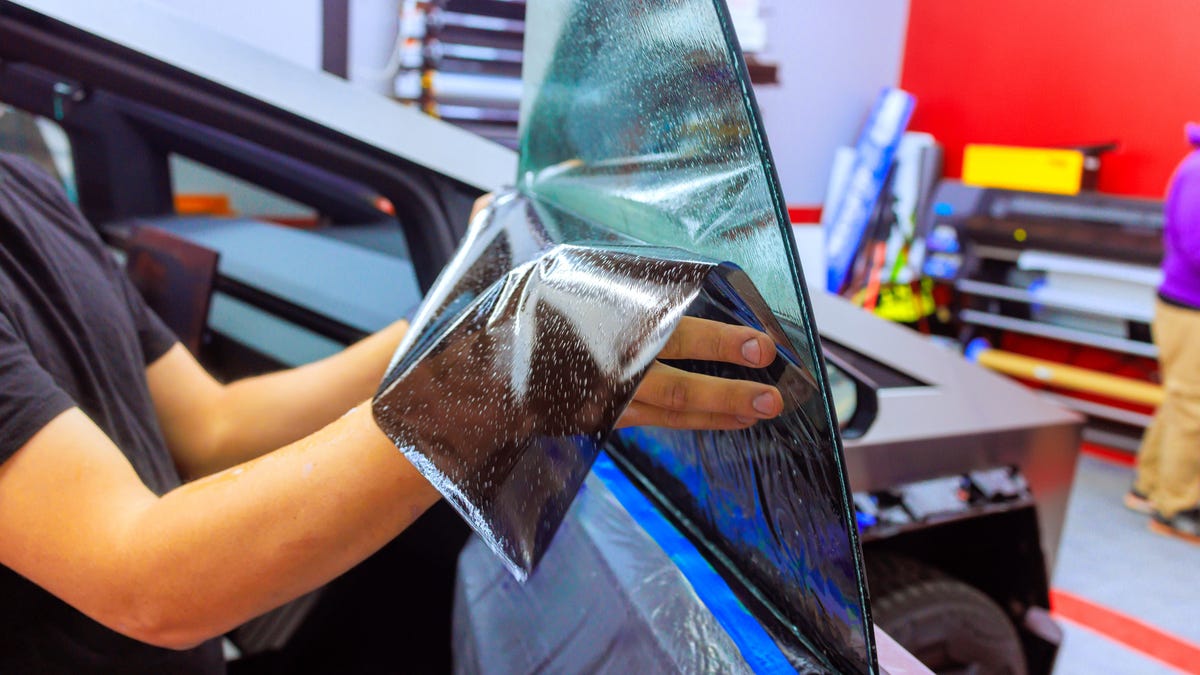Tinting your car’s windows might seem like a great idea for many New Jersey drivers.
The process requires a thin laminate film to be applied to the glass of a car’s interior window, according to AutoZone, offering more privacy from the outside. Some people like the protective element of tinting against harmful UV rays in addition to lower interior temperatures, while others simply prefer the aesthetic appearance of it.
Despite the practical benefits and stylish look window tinting gives your car, AAA says that it can impair a driver’s vision especially at night, and prevent one from communicating their intentions to others on the road, including pedestrians. In case of an emergency, the film from tinting also makes it harder to remove the glass.
In the Garden State, some window tinting is actually against the law, depending on how and where you choose to tint.
Window tinting laws generally vary from state to state, with Kelley Blue Book recommending checking the state’s Department of Motor Vehicle’s regulations on the allowed visible light transmission (VLT) levels, or the amount of light that is able to pass through the windows after tinting.
For instance, if the VLT is 5 percent, the tint is extremely dark with little light passing through, whereas a VLT level of 70 percent lets much more light pass through with increased visibility.
New Jersey state law prohibits any window tint at all on both windshields and front windows on cars, SUVS and vans. Drivers are, however, allowed to tint their vehicle’s rear and back side windows at any darkness, regardless of the VLT percentage. No colors of tint for these windows are explicitly banned.
Penalties for violating these regulations in New Jersey are among the strictest in the country, with a first time offense leading to a hefty $1,000 fine , according to TintWiz. A second time offense can come at an even higher price at $5,000. Subsequent offenses can cost even more than the first two.
New Jersey legislation allows drivers with explicit medical conditions such as polymorphous eruption, persistent light reactivity, actinic reticuloid, porphyrins, solar urticaria, and lupus erythematosus to be allowed sun screening material, as reported by J.D. Power.
The data analytics company also lists the tint regulations medically exempt drivers must adhere to in New Jersey, with sun-screening materials applied to the windshield or front side windows limited to 8 percent, and requiring all sun-screening materials applied to be on transparent film.
An application can be filled out online or by mail to request sunscreening, requiring a physician to fill out one portion of the form, as well as a subscription from the same physician.











